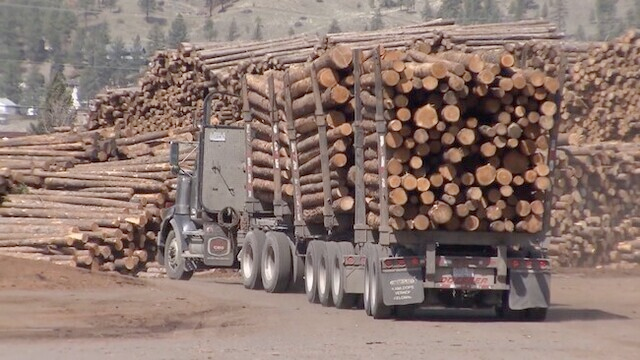Eoin Finn’s 10 things you should know about RNG
- FTFO
- Aug 15, 2023
- 3 min read
By Eoin Finn, B.Sc., Ph.D., MBA
FortisBC’s 2021 biomethane (RNG) proposal - 10 things you should know.
To spare you reading all 559 pages, here are 10 nuggets from their submission.
1. Delivery of “100% RNG” to new buildings is notional. Fortis has only one piping system to buildings. New or old, all buildings will get the same biomethane: fracked gas mix delivered to them. Currently, RNG supply is about 0.3% of total gas demand, but FortisBC hopes to increase that to around 1% by 2024, 4% by 2028 and 11% by 2032;
2. Even if FortisBC does manage to secure an 11% RNG supply by 2032, that won’t be anywhere near enough to meet CleanBC’s building-sector target of 64% GHG emissions reduction by 2030;
3. All of FortisBC’s 900,000-plus residential ratepayers – but not new-building owners - will pay for the increased costs of boosting RNG supply and attributing the notional supply of “100% biomethane” to new buildings. This cost transfer to all ratepayers will be involuntary;
4. RNG (biomethane) costs much more ($20-$30 per Gigajoule (GJ)) than the current $4 /GJ for the fracked kind). That cost will be passed along to ratepayers – at least $160 annually for 11% RNG;
5. Federal carbon tax will rise to $170/tonne by 2030, adding another roughly $8/GJ to the cost of gas service. The average BC residence consumes ~90GJ of gas annually and will pay an extra $720 annually for year-round fracked-gas service containing very little RNG in the gas, making non-fossil electrical energy a far more cost-effective heating option;
6. Over 70% of Fortis’ future RNG supply is to be purchased from outside BC – from Iowa, Pennsylvania, Ontario and Alberta. Adding to the unreality of a notional “100% RNG” supply to all new buildings, this gas is to be “notionally” supplied to BC (gas pipelines flow gas West to East, not vice versa). Instead, this will be an accounting entry benefitting pipeline operators - not an actual movement of RNG to BC. Revenues and environmental benefits will accrue to external jurisdictions capturing the biomethane – not to BC;
7. Buying expensive RNG from outside BC amounts to a large import cost passed on to BC ratepayers, with the added risk of sourcing much of BC’s energy supply from outside the Province. In 2010, the BC Government passed the Clean Energy Act, requiring BCHydro (but not privately-owned FortisBC) to source all of its electrical energy supply from within BC. Double standard?;
8. RNG is not the carbon-neutral gas it is claimed to be. Burning RNG releases the same amount of carbon as does methane. The RNG that FortisBC plans to “notionally” import will be manufactured from industrial digestion of cattle-poop, wood-waste etc. Methane and RNG (CH4) are 86 times worse for global warming than is CO2. Making more methane from biomass than nature does is the opposite of the environmental need to reduce emissions by “keeping it in the ground”;
9. Several large BC municipalities have recognized the need for urgent climate action and have augmented the BC Building code with local GHG intensity measures and low-carbon energy system (LCES) options. These stiffer regulations have incented new-home builders to install low-carbon space and water heating, replacing gas furnaces and hot water heaters. As FortisBC cannot meet these standards with its current supply of mostly-fracked fossil gas, it has chosen to fight them rather than change its product to be truly low carbon energy;
10. As part of its submission, FortisBC wants BCUC to allow it to rename biomethane to “Low-Carbon Gas” (LCG). As both fracked “natural” gas and RNG (biomethane) are each 75% Carbon, this aspiration is a distortion of Orwellian proportions.




Comments